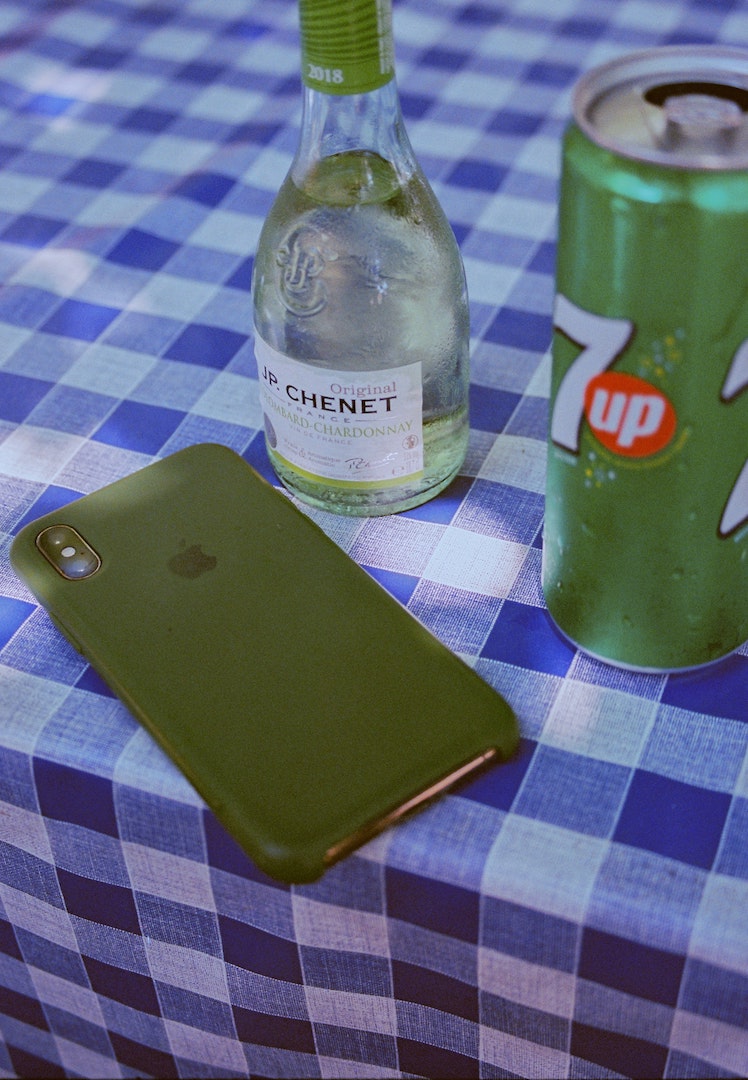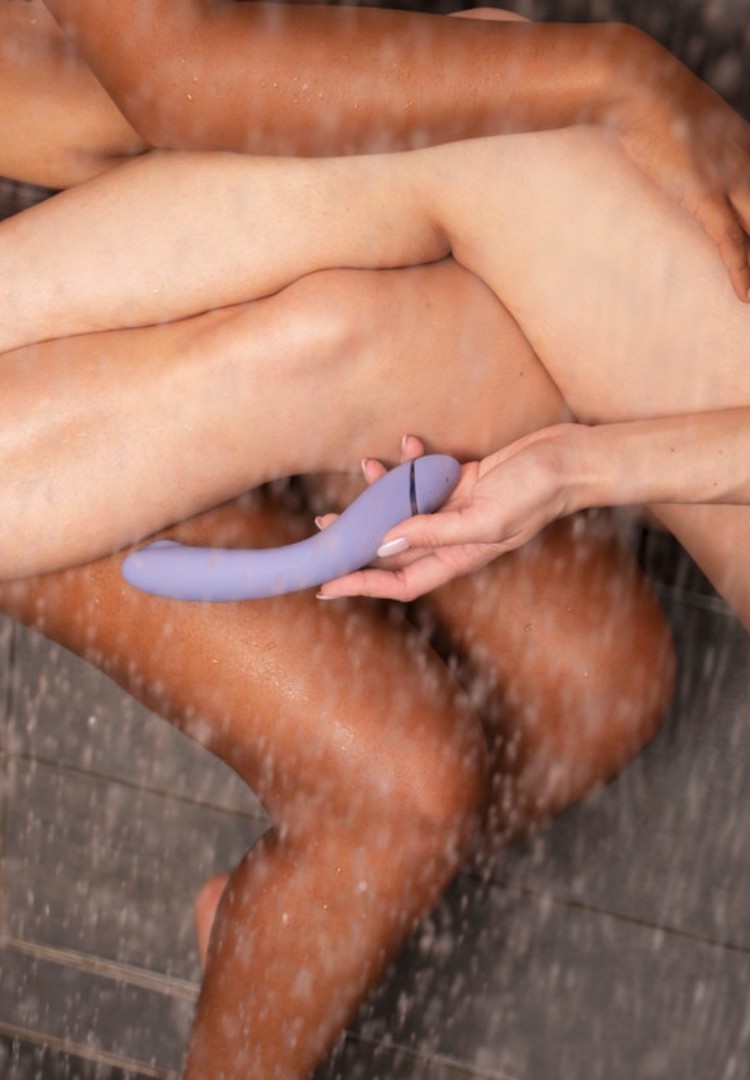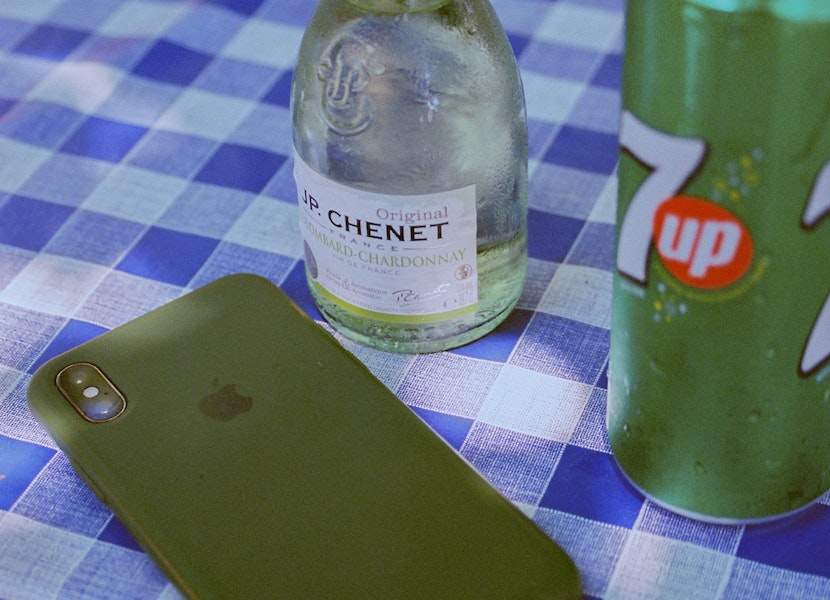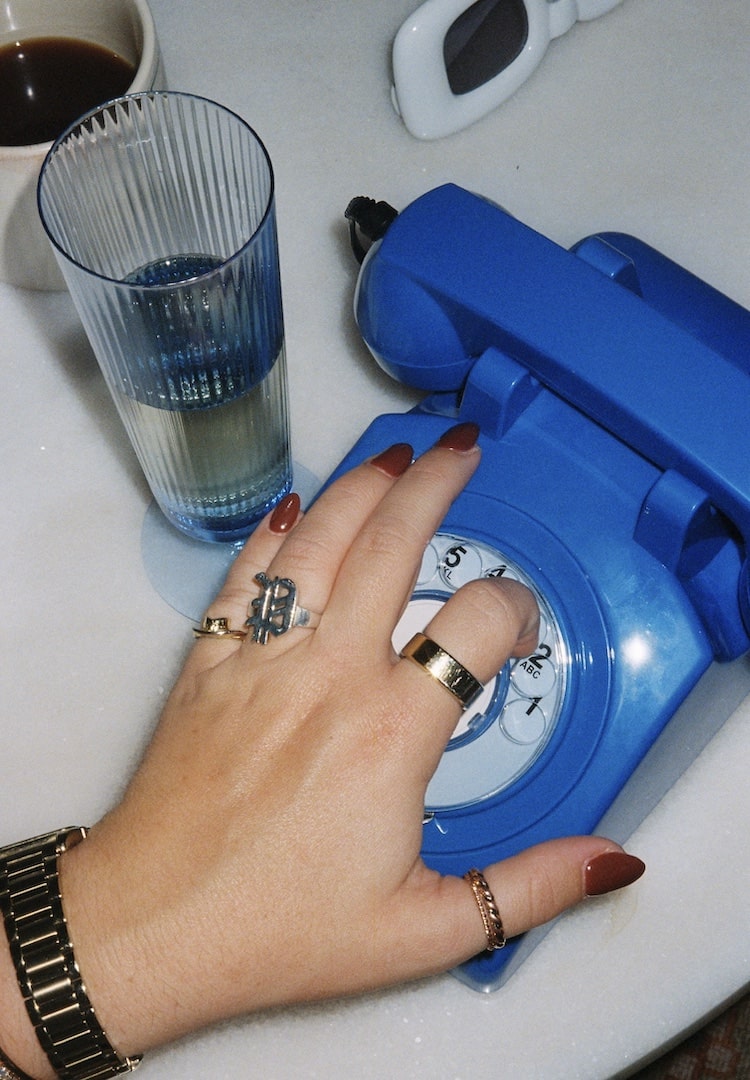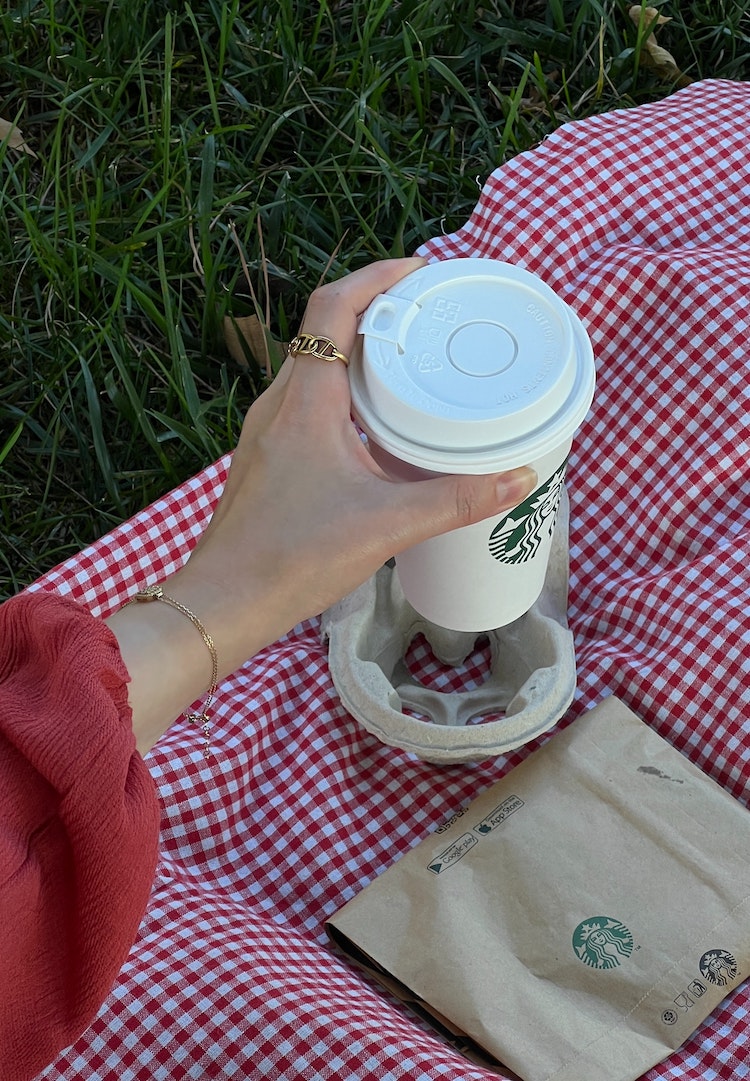What is hangxiety and how can I overcome it?
WORDS BY CARA BRIGGS
“When your recollection of the night’s antics is blurry, the uncertainty and worry can be debilitating.”
Hangovers are often an unfortunate side effect of drinking alcohol. Most of us have endured the fatigue, dehydration, headaches and nausea that follow a night of drinking at some point in our lives.
If you’re one of the lucky few who somehow escape the repercussions of alcohol consumption, then congrats – I hope you never take your gift for granted. As for me, my hangovers can range from feeling a tad dusty to fighting the urge to call triple zero as I lay in bed promising myself I’ll never drink again.
Read more personal stories from our FJ writers in our Life column.
All dramatics aside, hangovers, while self-inflicted, can also bring with them psychological distress that isn’t as easy to fix with fluids and a greasy meal. If you’ve ever woken up after a night out with that awful feeling of unease, chances are you’ve experienced hangover anxiety or ‘hangxiety’.
You’re filled with panic and scramble to check your phone to assess the damage of any intoxicated Instagram stories. When your recollection of the night’s antics is blurry, the uncertainty and worry can be debilitating.
While hangxiety is a very real experience for some of us, it’s not a guaranteed side effect of drinking. Many people will go their whole lives without experiencing the morning-after dread – must be nice, right? For us unlucky souls who struggle with hangxiety, it can be caused for a multitude of reasons.
The level of severity can be influenced by factors like the amount you drink or prior underlying mental health issues. To further explore the intricacies of why ‘hangxiety’ occurs and how you can overcome it, I spoke with clinical psychologist Amy Robins.
Amy clarifies that ‘hangxiety’ is not an official term or diagnosis, but still occurs for many people. “As your body recovers from drinking, sometimes people can experience psychological stress or anxiety, and this can look like racing thoughts, sweaty palms, having a tummy ache, feeling jittery, excessive worrying and feeling irritable,” she tells me.
For individuals who experience anxiety day-to-day, alcohol often acts as a social lubricant and a way to relax in different situations. However, those same people are often more prone to experiencing ‘hangxiety’ following drinking. “Once the alcohol wears off, it’s understandable that your symptoms of social anxiety might return as you reflect on the night,” Amy explains.
As alcohol often lowers our inhibitions, it’s common to act in ways that are different to our sober selves. For those experiencing ‘hangxiety’, you may focus on negative aspects of the night where you were at risk of embarrassing yourself. “People with social anxiety are more prone to rumination or going back over events from the night before, therefore increasing [their] anxiety,” Amy says.
Another contributing factor to hangxiety is the physiological processes your body undergoes when processing alcohol from the night before. Dehydration and lack of sleep can heighten or mimic feelings of anxiety. “Anxiety symptoms that some people experience during a hangover are often the body processing excessive alcohol. So, you might be more likely to kind of misinterpret those symptoms as anxiety, rather than the physiological effects of alcohol withdrawal,” she tells me.
Amy says there’s also a chemical explanation for ‘hangxiety’. “When we drink alcohol, our brain functionality is disrupted, so excessive feel-good chemicals like endorphins and neurotransmitters are released. As a result, you feel good in the moment, but the next day, you might feel depleted and your mood might drop as your body tries to regulate and balance again.”
Amy tells me during a hangover your body is undergoing the trauma of processing alcohol, which causes a spike in cortisol or ‘the stress hormone’. Cortisol is responsible for our fight-or-flight response, which is what we feel when experiencing anxiety.
So, how do we combat the stress of hangxiety when it strikes? Amy recommends breaking it down into prevention and management. “The obvious way to prevent hangxiety (and the one that no one wants to hear) is [by] consuming less alcohol. It’s the amount of alcohol that gives you a hangover, not the drinking of alcohol itself. So, responsible drinking, paced drinking and matching your number of drinks with [glasses of] water. That’s the best kind of prevention,” she explains.
When it comes to the management of ‘hangxiety’, Amy recommends approaching it in the same way you would combat regular anxiety. “The best management is controlled breathing, mindfulness, meditation, paying attention to the unhelpful thoughts that might be going through your head and either trying to deal with those thoughts or distract from them. Everyone’s different in terms of what cognitive strategy works for them.”
For those who tend to endlessly reflect on the night’s events and violently cringe at their actions, Amy assures me our anxiety can often make things seem worse than they are. “Try things that will distract your brain from having that chance to go back and replay things… as we know, hyper-focusing on the previous night will make us feel more anxious,” she tells me.
“Self-care activities like getting outside in the sun, eating nutritious meals and hydration are all important. Just know, once your body has returned to its normal functioning, those symptoms, like anxiety, will usually lessen,” Amy assures me.
Getting caught in the cycle of using alcohol to manage social anxiety and then feeling worse the next day can be hard to break. Amy tells me it can “prevent us from learning adaptive ways to deal with anxiety that don’t have a negative impact on our health and functioning.”
If you’ve found your relationship with hangxiety and alcohol is stuck in a tumultuous cycle you can’t seem to get out of, Amy suggests turning to a professional to ask for help in building a management plan. Another helpful tip for when hangxiety strikes is to submerge your face in ice-cold water for 15-second intervals. This technique is known as a vagal manoeuvre, which works by slowing your heart rate and relieving your anxiety.
Personally, I combat hangxiety by reminding myself other people don’t place the same scrutiny on my actions as I do. Try to keep busy until those anxious thoughts (and the pounding headache) subside.
For more on hangxiety, head here.


